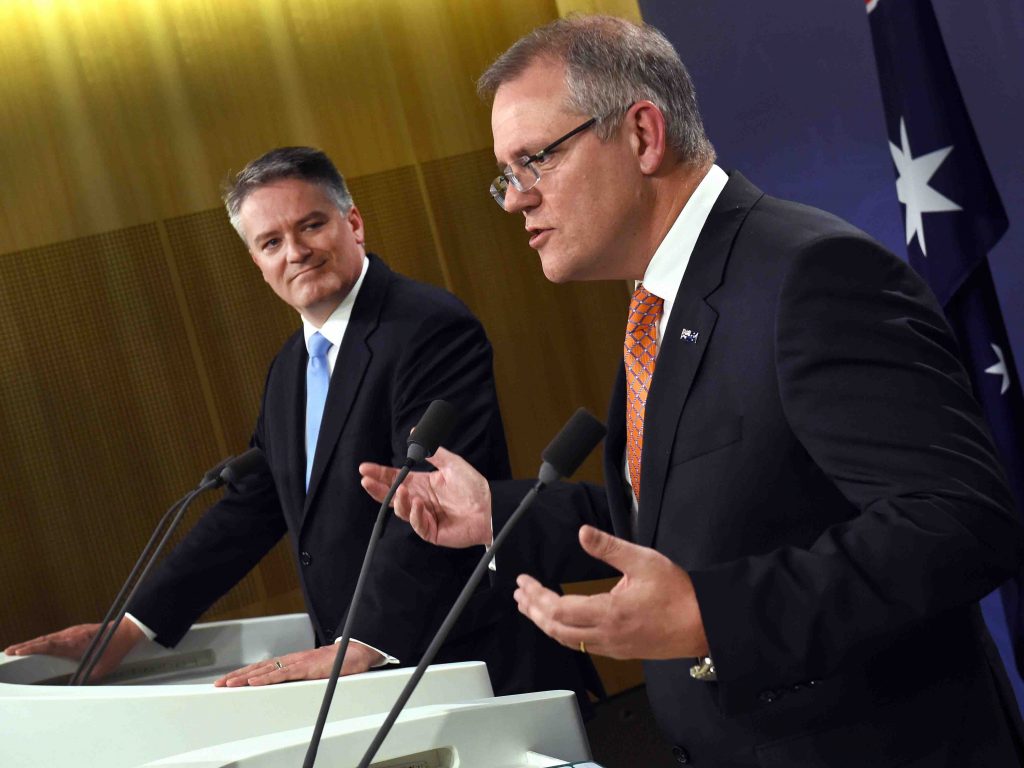Reform of how Australia’s R&D tax incentive scheme is administered for startups sits at the top of the Budget wish-list for two peak tech industry groups.
The Australian Information Industry Association (AIIA) and StartupAus both want reform of the scheme, especially for smaller tech outfits.
AIIA chief executive Rob Fitzpatrick says R&D tax reform tops his budget wish list for startups, especially making it easier for companies to claim for software related R&D.

“We need clarity around software and the claim-ability of software within the R&D tax incentive,” says Mr Fitzpatrick.
He says the conversation around R&D tax has become negative when it should be a positive discussion that rewards the contribution innovative software developers make to the Australian economy.
“We need to really shift our mindset – we need to shift it in the budget and we need to shift it across the board so that we are celebrating and investing in great R&D,” says Mr Fitzpatrick.
“Australia woefully underinvests in R&D compared to our Western nation competitors. It’s seen as a drag on the budget, rather than as an investment in Australia’s future.”
The ATO cracked down on R&D incentive claims in February last year when it issued a series of tax alerts saying it was “undertaking a range of compliance activities to address businesses and advisors deliberately doing the wrong thing and will take legal action against those who wilfully misuse the R&D Tax Incentive.”
Another alert in late February, 2017 targeted IT and software firms. The ATO was concerned claimants were not respecting the R for research in the R&D tax incentive scheme, and that claims were being made for software development work that did not involve scientific experimentation to seek out fresh knowledge.
Startups argue that the ATO’s interpretation of what constitutes development has narrowed so much that it squeezes the life out of the innovation it was designed to encourage.
“We think R&D tax is something that could be improved for startups,” says StartupAus chief executive Alex McCauley.
Mr McCauley wants to see the scheme payout to startups quarterly rather than yearly, because for a cash-strapped startup scoring tax relief four times a year can mean the difference between survival or going belly up.
He also wants to see the scheme better targeted around development and commercialisation work, especially given Australia’s comparatively poor report card on commercialising research.
Since the ATO crackdown last year, he says there’s been some confusion among startups as to whether they could claim the R&D tax incentive for software development and hopes for more clarity on this issue.
Like Mr Fitzpatrick, Mr McCauley believes government thinking has drifted more towards limiting the scheme as much as possible.
“The (government) appetite for the scheme has gone in a different direction to several years ago and now goes toward a limit in overall spending.”
This makes the chance of scoring quarterly payments unlikely in the budget, he says.
Other items on Mr McCauley’s budget wish list include improved support for exporters, given tech startups are often natural exporters from very early on.
“A lot of startups are born exporters,” he says.
Export development grants are often used successfully by later stage startups, he says.
“But there’s not a lot of uptake at earlier stages, so we are thinking about how that might be better targeted,” adding that he has heard rumours that export market development grant support for smaller companies may be coming in the budget.
“That would be a good result for startups should that happen,” he says.
Mr Fitzpatrick’s budget wish-list includes better government support for procurement from local tech companies, an action item listed in the recent Innovation and Science Australia 2030 Strategy Plan.
“What’s in the ISA 2030 plan heads towards 33 per cent of government procurement for SMEs. We are looking for continuing incentives for innovation in procurement and making that more open for startups.”
“I you are a government buyer there’s disinterest in buying from startups because they don’t have a track record.
Mr Fitzpatrick argues government buyers should develop the agility to be able to bring a startup into smaller scoped elements of government tech projects.
“It’s on the agenda, it’s headed in the right direction, we just want to see it accelerated,” he says.
Mr Fitzpatrick would also like to see a loosening in the rules around skilled migration and a quicker recognition and compiling of skilled migration tech job descriptions to keep up with the very fast changing nature of information technology.
Do you know more? Contact James Riley via Email.

